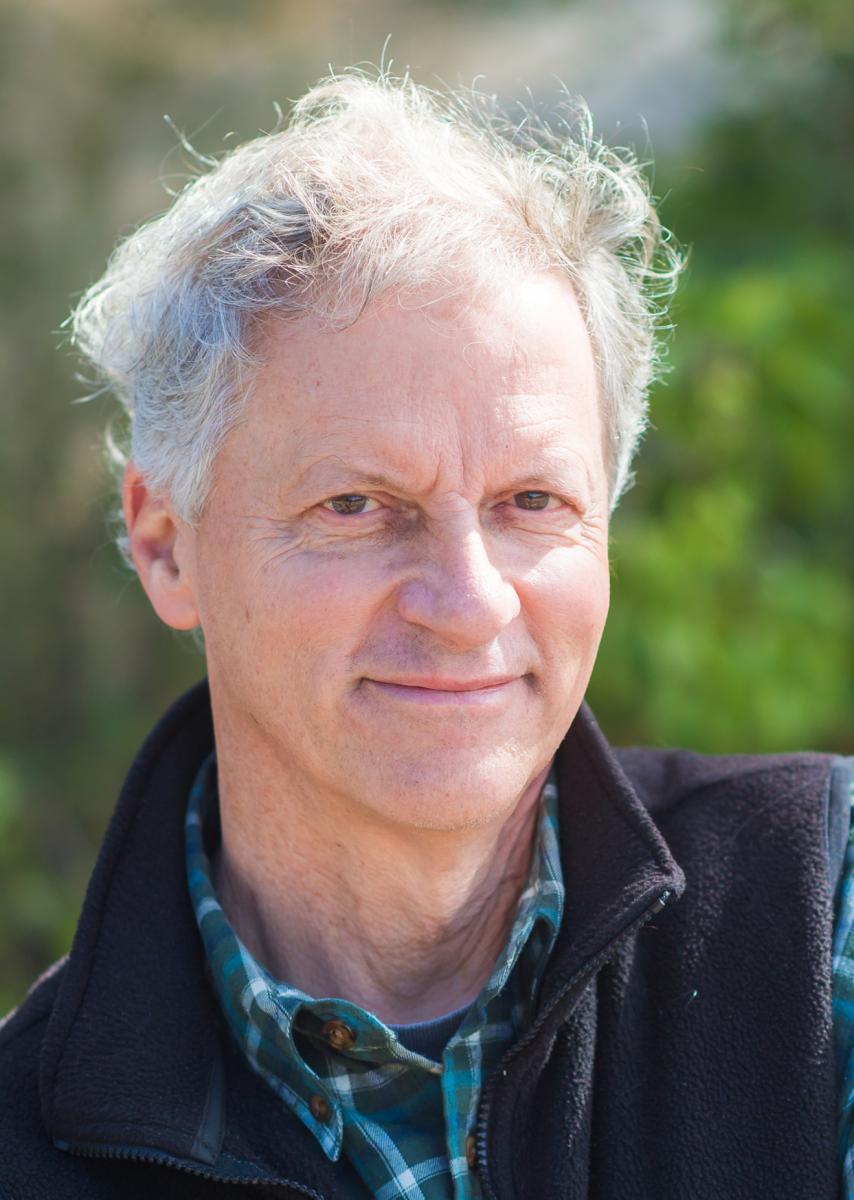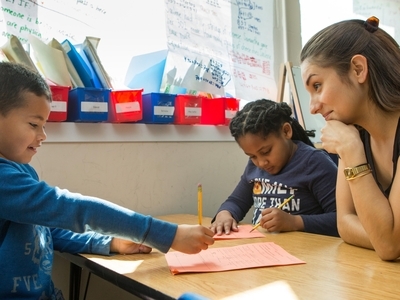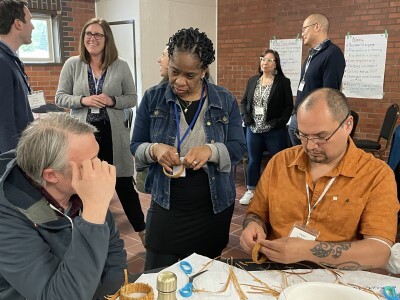Four new grants will help NGLC shape next gen learning in the new decade
Topics
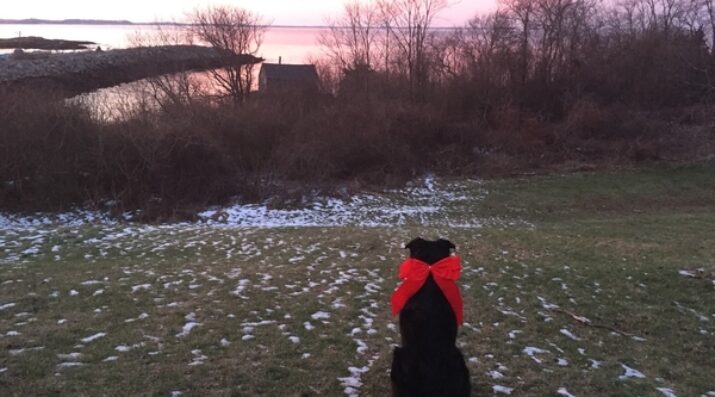
Next generation learning is all about everyone in the system—from students through teachers to policymakers—taking charge of their own learning, development, and work. That doesn’t happen by forcing change through mandates and compliance. It happens by creating the environment and the equity of opportunity for everyone in the system to do their best possible work.
In our tenth year, NGLC’s founding conviction feels truer than ever: This time around, it’s the educators who are going to lead the change.
I took the photo above of our four-year-old rescue dog, L’il Poppy, on the last day of the decade that just ended. I like to think that Pops is contemplating what the 2020s will bring.
Here’s one answer for her. Among so much else: this decade will see more and deeper change in the nation’s public schools than they saw in the previous 90 years.
That’s not such a radical statement when you consider how rapidly everything is changing these days—and how low the benchmark is, since most U.S. public schools continue to operate in much the same way that they did in 1990, and 1960, and even 1930.
Perched at the precipice of SUCH A CRUCIAL DECADE (sorry, excuse the outburst), Team NGLC asks not whether change will come to public education, but what directions those changes will take, how deep the changes will reach, and how broadly they will be distributed.
What directions? How deep? How broad? Our future—as a nation, and in all likelihood as caretakers of planet Earth—likely hangs in the balance.
Breathe, Andy, breathe….
NGLC was founded nearly ten years ago on an idea: that the challenges inherent in reimagining public education in the United States would best be met—indeed, could only be met—by educators. Policymakers, researchers, providers, nonprofits (like us), funders, community leaders, parents, and students all have critical roles to play. But… if Boeing had listened to its pilots, its 737-Max would still be flying and hundreds of lives would likely have been saved. In most human enterprises, and maybe particularly in education, it’s impossible to overstate the importance of firsthand, real-world experience in reimagining that enterprise. This is the essence of user-centered design.
We are proud to announce four new grants to NGLC that apply the power of visionary educators to answer the three questions we’re asking. These grants will enable NGLC to work with our community and partners to:
- Shape the direction of public education in the U.S.
- Deepen the changes that are needed
- Ensure that the changes broadly reach all kids and communities, not just the affluent and white among us
NGLC Next
$850,000 Organizational Development Grant from the Barr Foundation
This fall, NGLC will celebrate our tenth anniversary by doubling down on everything we’ve learned and intensifying the work we do and the role we play over the next five years. It is more important than ever before that strong, catalyzing voices drive the field toward transformation—for true next gen learning, powered by the five vital drivers we’ve observed among our extensive networks of next gen school and district leaders. Those five drivers represent what’s needed in order to shape the changes coming to public education, deepen those changes, and broaden their impact. The Barr Foundation agrees with us and, late last fall, awarded NGLC a three-year organizational development grant—the hardest and best kind of grant for a nonprofit to earn—to exercise and amplify that voice.
The Full Spectrum Project
$235,000 from the Leon Lowenstein Foundation
We will never see remotely sufficient depth in the changes currently dancing around the edges of K-12 education in the U.S. while educators and students are shackled—I use that term deliberately and mindfully—by our current accountability system with its over-reliance on a single form of evidence of student achievement. NGLC’s Full Spectrum Project will examine, codify, and disseminate strategies developed by next gen learning schools that use the full spectrum of potential evidence, including narrative and qualitative markers that they tell us often represent their most accurate yardsticks for student growth, as well as their most compelling demonstrations of the effectiveness of inquiry-based, personalized, student-centered learning.
UPDATE: The Full Spectrum of Evidence Toolkit is now available! The toolkit helps schools and districts navigate complex student-centered innovation decisions and evaluate program success by centering student voices. Get a primer in student-centered evidence and strategies to center students in your measurement and decision-making in this free resource.
The Zócalo Project and Learning Excursions for Multi-Stakeholder Teams
Two of the grant awards build on NGLC’s previous work in support of broadening the change. These grants will support the Zócalo Project and Innovative Schools Learning Excursions.
$100,000 from the Bill & Melinda Gates Foundation
The Zócalo Project envisions a new online “public square” where educators, community members, students, researchers, data specialists, and funders can find each other and align around shared interests, leading (we hope) to a new generation of education research that is much more inclusive and more deeply informed and driven by end-users. The Zócalo Project builds on NGLC’s previous work in designing for equity, one of the five drivers of next gen learning I refer to above.
$200,000 from the Barr Foundation
The new Innovative Schools Learning Excursions grant, one in a series of such grants from the Barr Foundation, puts gas in the tank of another driver: NGLC’s conviction that next gen learning requires whole-community ownership. It will enable Massachusetts-based school teams with equitable distribution of educators, students, parents, and community members to visit communities with next gen schools in California this spring. Learning excursions are a key early step in school redesign, helping participants boldly imagine what’s possible and building relationships with leaders in next gen learning. In the past, we’ve offered learning excursions to educators and we are excited by this new iteration that the Barr Foundation is supporting to engage more stakeholders in the earliest stages of transformation.
This fall, NGLC will celebrate our tenth anniversary by doubling down on everything we’ve learned and intensifying the work we do and the role we play over the next five years.
These grants fall across all four NGLC divisions: NGLC Labs (innovation design); NGLC Field Services (directly serving schools and communities); NGLC Community (idea-spread and amplifying the voices of next gen educators); and NGLC Organizational Development (enabling our intended impact over the next five years). Our field services, formalized only last year, already represent an essential dimension of our work, both financially and strategically, with major school district clients in Kentucky and Massachusetts as well as deep coaching and grant-catalyzing for school redesign rolling out through Mass IDEAS. Thanks to the Transforming Learning Collaborative and related efforts, we are building a national ecosystem of next gen professional educator-to-educator learning.
All of this work is spearheaded by dedicated, compliancy-averse, super-skilled, deeply mission-driven, visionary educators. Maybe that’s who Pops, the Wonder Dog, is searching for across the horizon in my New Year’s Eve photo. If so, then as usual, she’s on her game. She’s focused on the most important people any of us know.
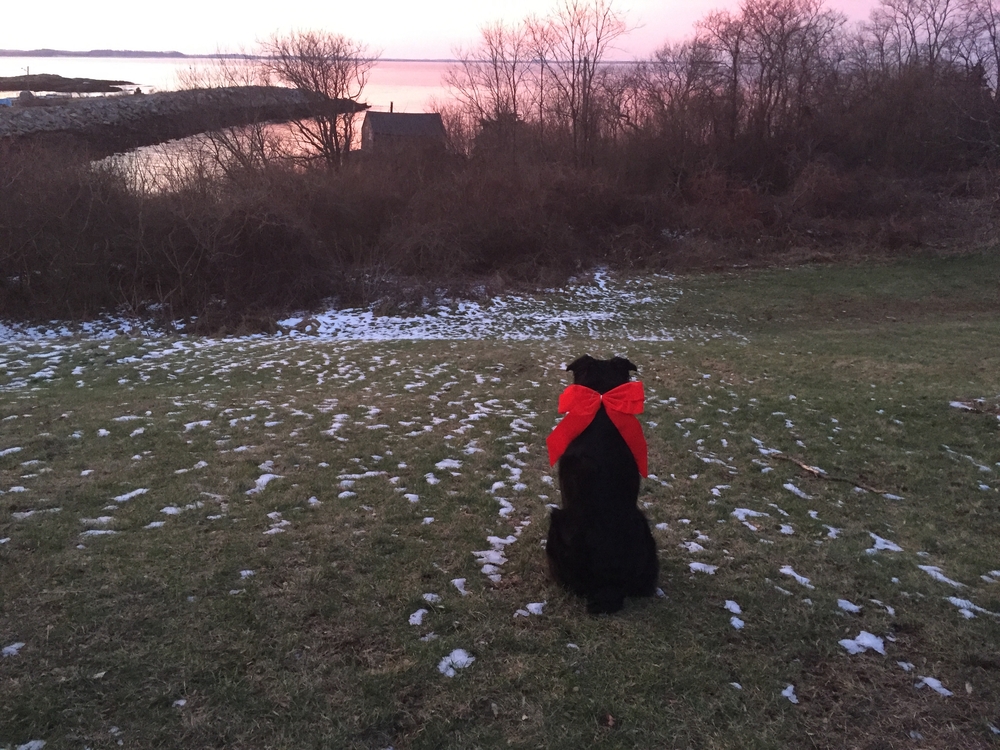
Courtesy of Andy Calkins

